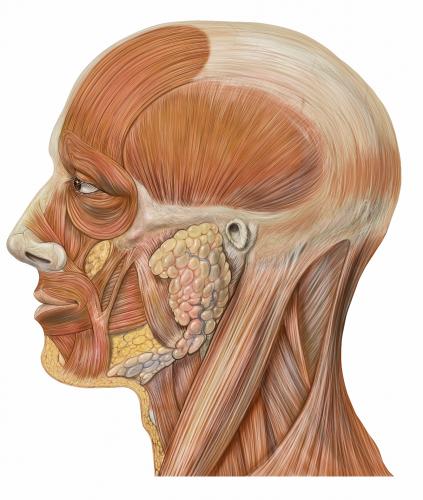Bruxism - What is it and how to treat it

Bruxism is a
medical name for teeth grinding. While, it is not uncommon or people to grind
their teeth from time to time but when it turns into a habit, it can be harmful
to your teeth and overall dental health.
What are the Causes Bruxism?
Bruxism can
occur due to a variety of reasons:
·
Stress – this is one of the most common
reasons for grinding teeth. Most people start to grind their teeth during exam
season, when they are stressed out at
work or when they are dealing with a personal crisis. This form of bruxism
usually occurs during the daytime.
·
Improper Bite – when the upper and lower
teeth do not mate properly, it can lead to excessive stress on the teeth. This
situation can also result in the bruxism.
·
Sleep Disorders – sleep problems like
obstructive sleep apnea, can also result in teeth grinding during sleep.
·
Medication – Bruxism can also be a
side-effect of some medications. It has been particularly linked with a group
of drugs known as the “selective serotonin reuptake inhibitors (SSRIs).
·
Lifestyle – excessive smoking and
alcohol intake is also linked with bruxism.
What are the Symptoms of Bruxism?
You need to see
your dentist for treatment of bruxism if
you have any of the following problems:
·
Headaches – bruxism can cause headaches
because of excessive pressure on the muscles of the face and those which help
in chewing.
·
Tooth Sensitivity – excessive teeth
grinding can cause tooth wear. As a result, teeth become sensitive to hot or
cold foods.
What is the Treatment for Bruxism
Treatment of
bruxism involves the identification and correction of the underlying problem.
In the meantime, your dentist will give you a mouthguard to protect your teeth
from further damage because of grinding and clenching. In case the underlying
problem is stress, you should change your lifestyle habits. Your dentist may
also advise you to see a therapist for cognitive behavioral therapy. Finally,
if you are grinding your teeth because of an underlying sleep disorder, you
should consult a medical professional who specializes in sleep therapy.
Bruxism can be
easily managed and controlled. However, what most people don’t recognize is
that failing to seek treatment for this condition can cause serious damages,
like tooth erosion, headaches, and even temporomandibular joint disorders.
Therefore, if you or your partner realize
that you are grinding your teeth, you should seek treatment right away.
Comments